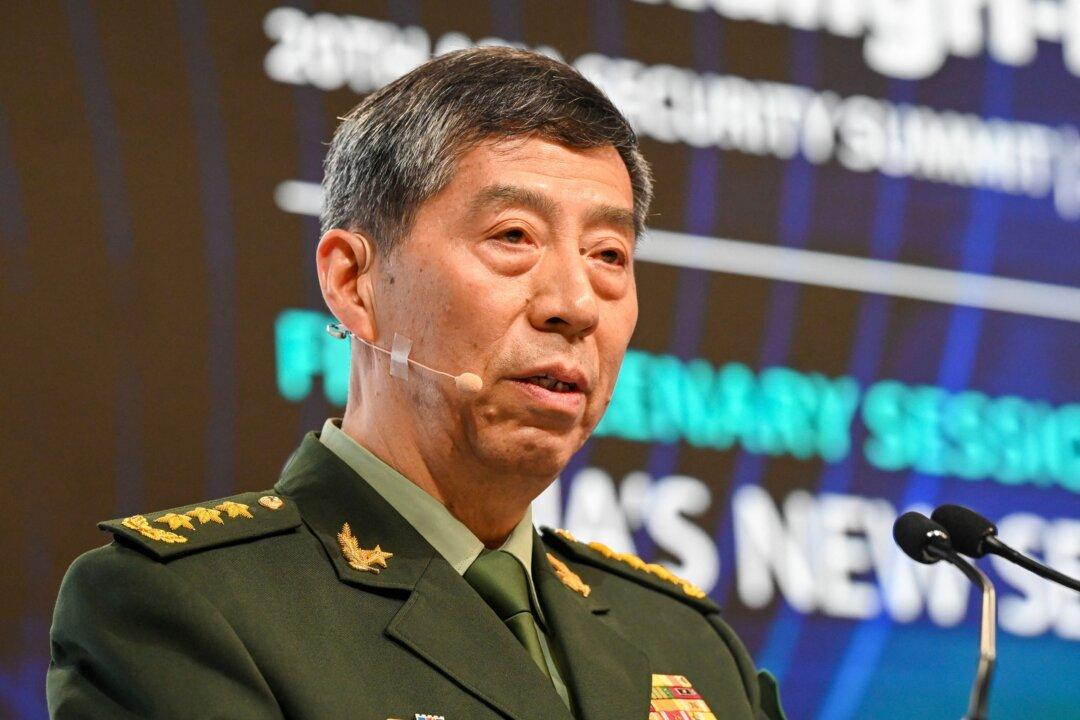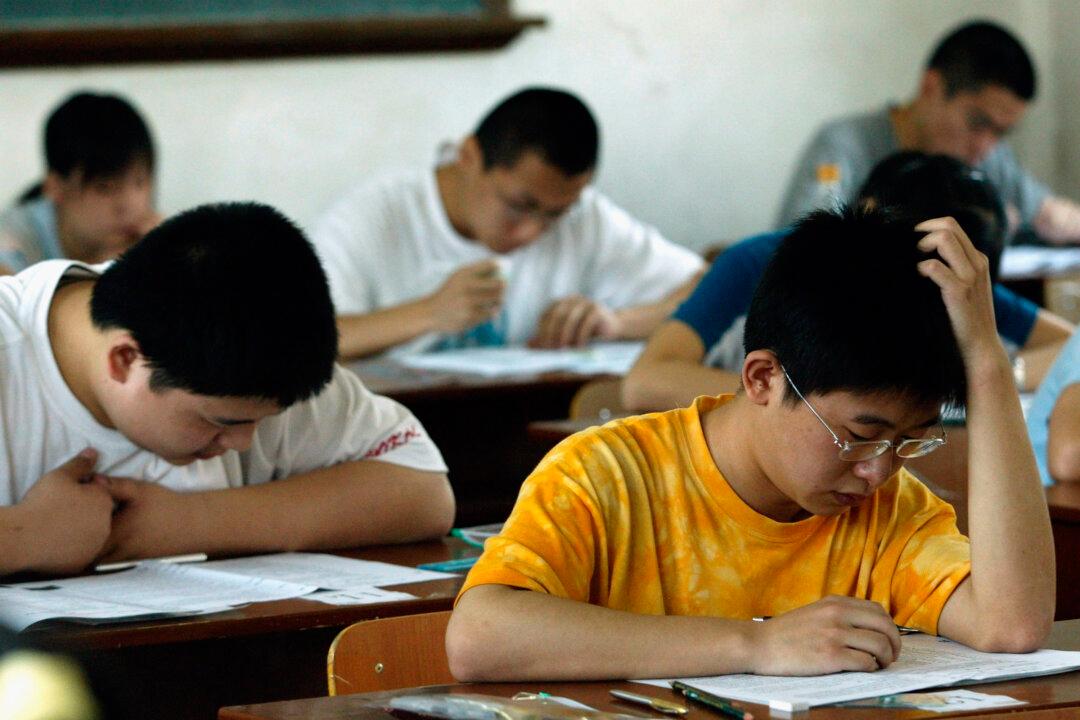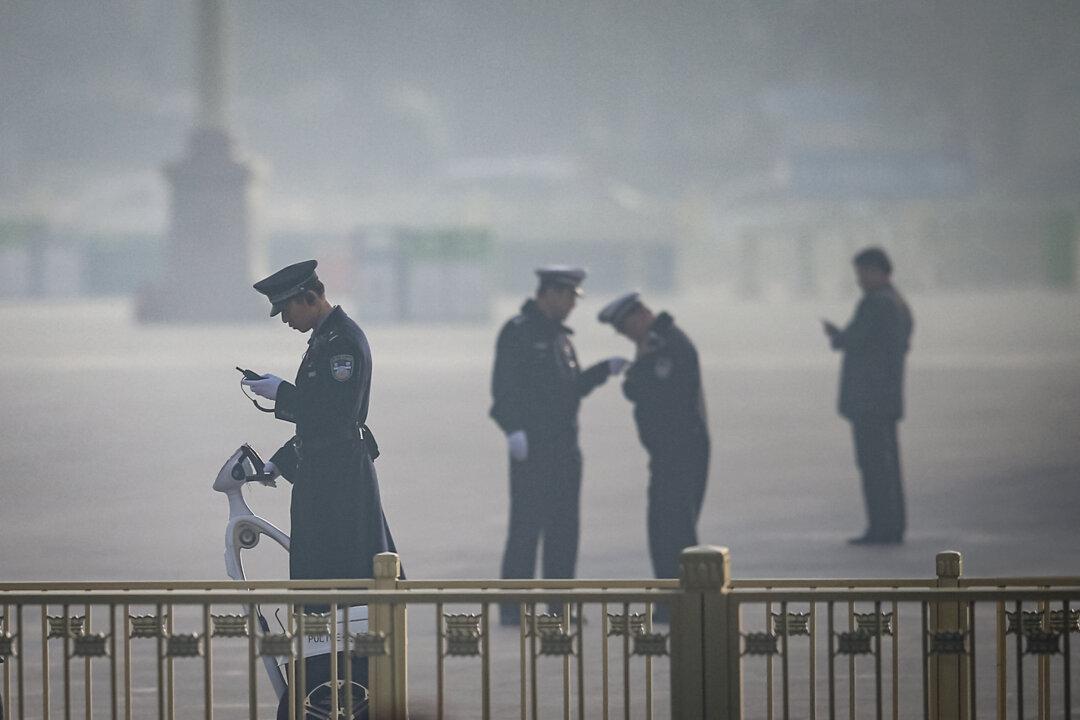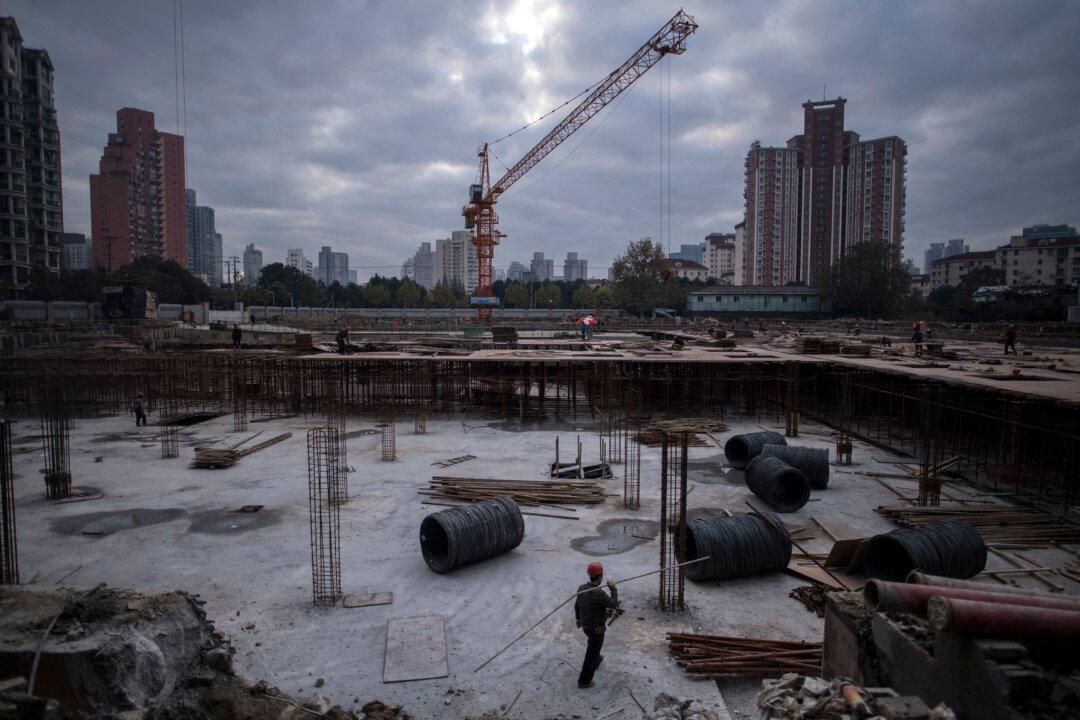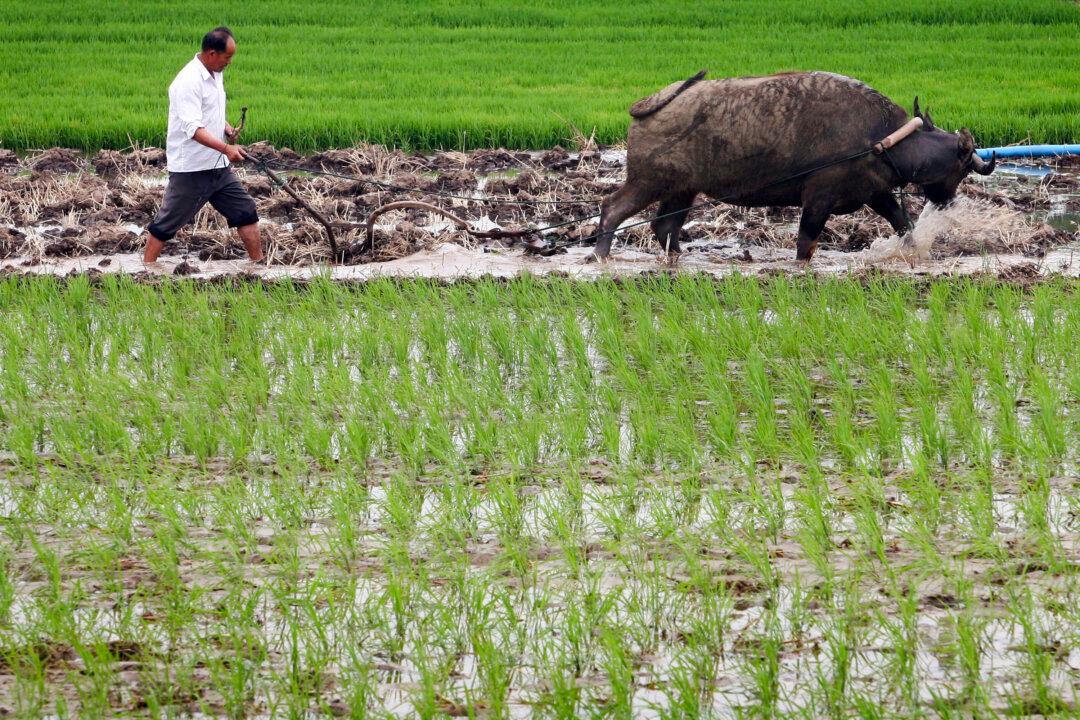Commentary
Former Chinese Defense Ministers Li Shangfu and Wei Fenghe have been expelled from the Chinese Communist Party (CCP) and the military and stripped of their general titles. Both were charged with allegedly violating political discipline, refusing to cooperate with investigators, and offering and accepting bribes.
